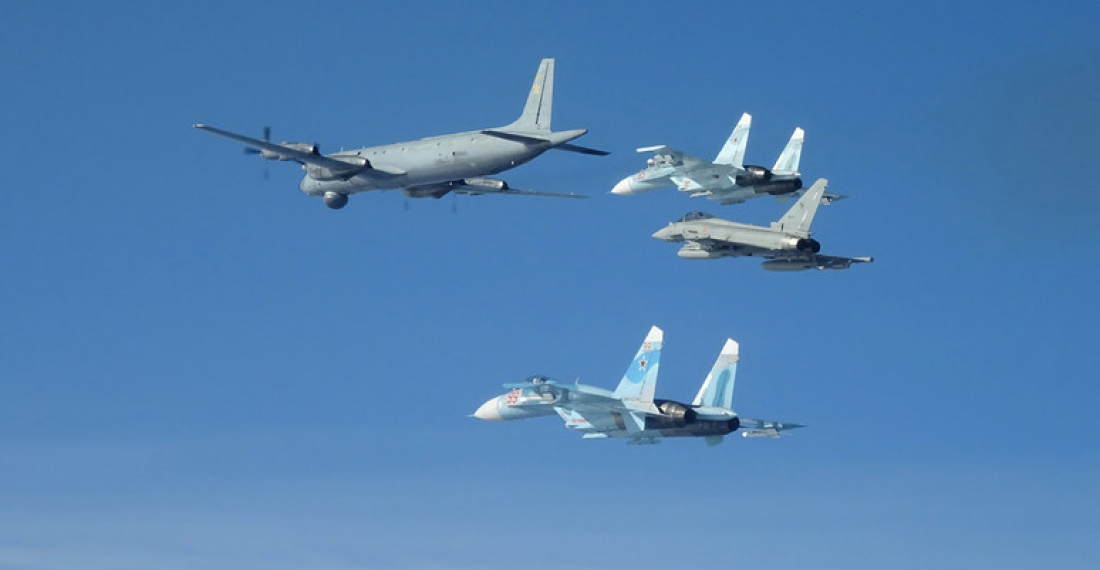NATO fighter jets took off 290 times in total in 2021 to intercept a Russian military aircraft that was getting too close to a member state. This figure represents 80 per cent of the number of NATO missions. Most of the interceptions in 2021 took place in the Baltic region, where NATO is conducting an air police mission for Estonia, Latvia and Lithuania. NATO has similar missions for Albania, Montenegro, northern Macedonia and Slovenia.
The number of interceptions by NATO countries has decreased compared to last year, when 350 aircraft took off in response to a possible Russian threat. Agreements have been made between the Western Alliance and Russia; the military aircraft are not allowed to come too close to the airspace of a member state.
Across Europe, over 60 NATO jets are on high alert at all times, ready to respond to unannounced military flights, as well as to civilian aircraft losing communication with air-traffic controllers for any reason – which could range from technical problems to hijacking. NATO has two air operations centres – one in Germany, covering northern Europe, and one in Spain covering the south – which monitor all air movements across Europe.






